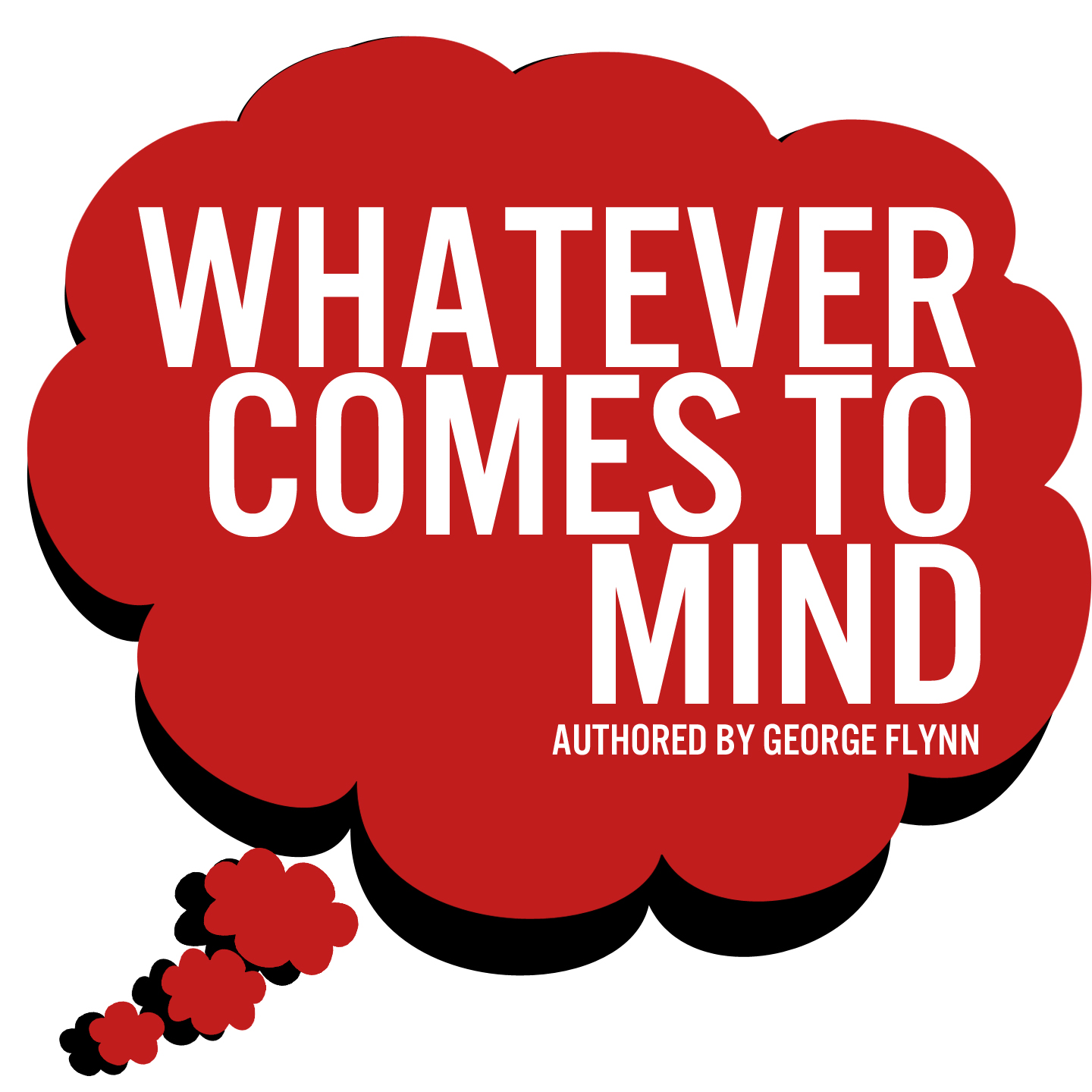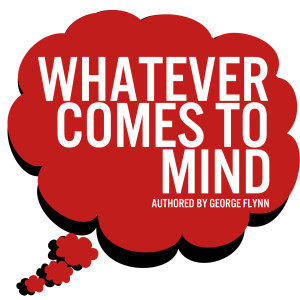
 By George Flynn | Opinions Editor
By George Flynn | Opinions Editor
I love social media. I really do. It takes up a large portion of my life, and I am not going to complain. I can follow celebrities like actress, Anna Kendrick and The New York Times at the same time on Twitter, getting laughs and news from the same source. I follow plenty of blogs on Tumblr that offer visually stimulating photos and GIFs of my favorite movies and shows. On Facebook, I do my fair share of creeping on friends and keeping up with family.
But what about the darker sides of social media? There is always a negative for every positive, and for all the happiness social media has brought me, it has caused plenty of grief. People overshare their life stories on Facebook, send rude anonymous messages on Tumblr and take to Twitter to passive aggressively talk about others, also known as “subtweeting.”
Why do people think they have the right to ruin social media sites for everyone else by bullying, gossiping and oversharing? It’s irritating and it is extremely unnecessary.
Facebook is a great place to post photos, share your thoughts and keep in touch with family and friends. However, there are always a few bad apples who tend to post irritating things. Everyone has that one friend who posts photos of every meal, shares every “20 Reasons Why ___” and posts more than his or her fair share of selfies. Luckily, we have the option to hide these people from our newsfeeds, but it’s quite difficult to deal with people who share every single detail of their lives. It’s overwhelming and conveys the negative side of Facebook. A place that is simply meant to catch a glimpse through someone’s life has become a full on documentary of someone’s life. A documentary that I did not ask or want to witness.
Then there’s Tumblr. It’s a blast, but it also has a few fatal flaws. Although it is fun and a great place to find blogs relevant to your interests, such as old television shows, stunning photography and social justice, it is also a place where anonymous cyber bullying consistently takes place. There is an option on the site which can allow other bloggers to remain anonymous and send hateful messages. Going “anon” gives these bullies a new found confidence to say whatever they feel like without a repercussion on their end.
Once, I received an anonymous message on the website that really shocked me beyond belief. Without including the expletives, the message stated something along the lines that I was “worthless” and that I should probably “throw” myself “off a bridge.”
What makes people think that clicking a grey box to hide your identity makes it OK to send hateful messages? Frankly I’m confused about why the feature is even an option on Tumblr. The negatives of the anonymous messaging option outweighs the positives.
Twitter has its fair share of bullying as well, but on this school ground it’s known specifically as “subtweeting.” On Twitter, people have a tendency to vent about others and say things in a passive aggressive manner. Along with this, they usually leave names out. However, being a person that has been on the receiving end many times, it’s not that hard to read between the lines. Twitter can be an incredible tool to keep in touch with the world, but the wrong users can turn the site into a toxic source of gossip where people can become extremely offended.
Regardless of whether you spend more time on a Tumblr dashboard or a Facebook newsfeed, the negative actions of a few need to cease. Being a victim of harassment isn’t something a user signs up for when joining a new form of social media. I don’t want to see your every waking thought on Facebook. I don’t want to be subjected to anonymous insults via Tumblr. And don’t even think about subtweeting me on Twitter. If you have something to say, say it to my face. #sorrynotsorry.
George Flynn is a senior English major and can be reached at flynng@duq.edu.



